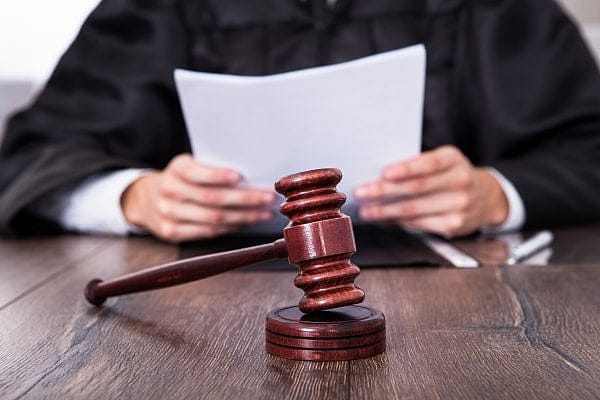Marlborough Property Owner Can Keep Proceeds of House and Maybe House Itself In Back Taxes Case, Massachusetts Appeals Court Says

A U.S. Supreme Court ruling last year that invalidated the way Massachusetts cities and towns seize real estate for back taxes may end up getting a couple in Marlborough much more money than they would have had otherwise – and they may end up keeping their home.
The Massachusetts Appeals Court ruled Monday that the couple in Marlborough is entitled to the full value of their property minus back taxes owed and related costs, and that one of the family members should be allowed to redeem the property by paying the back taxes and costs, if he wishes and is able.

